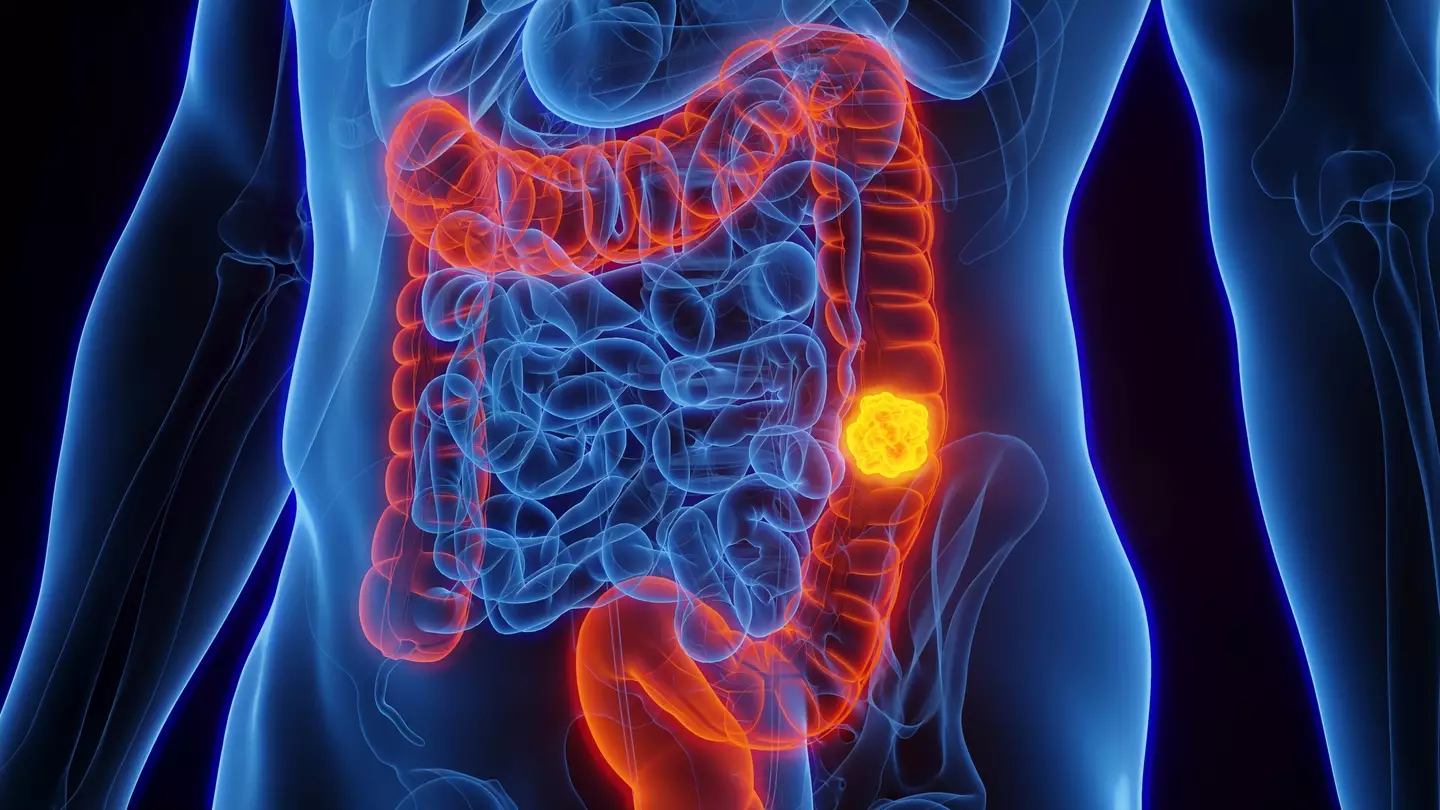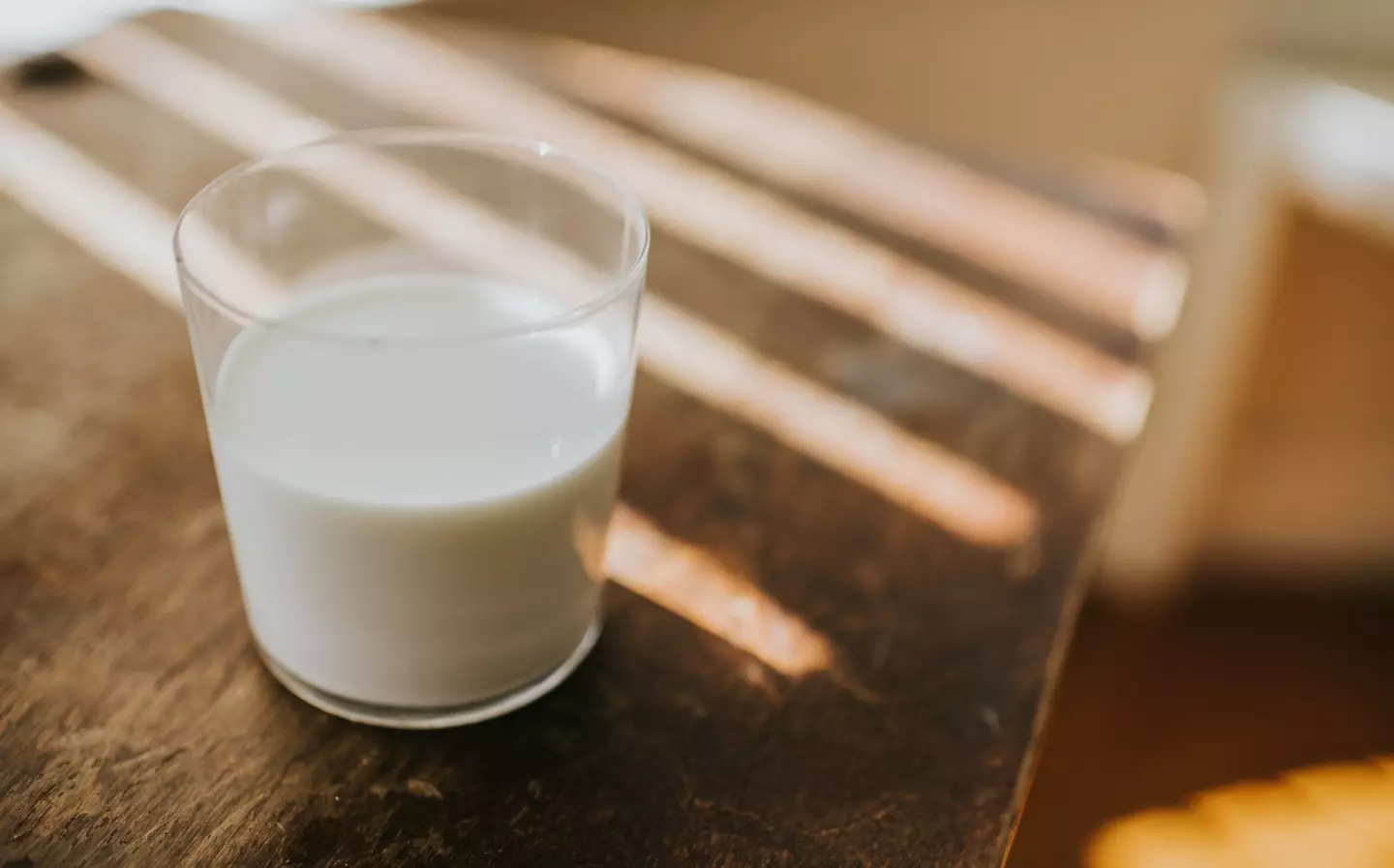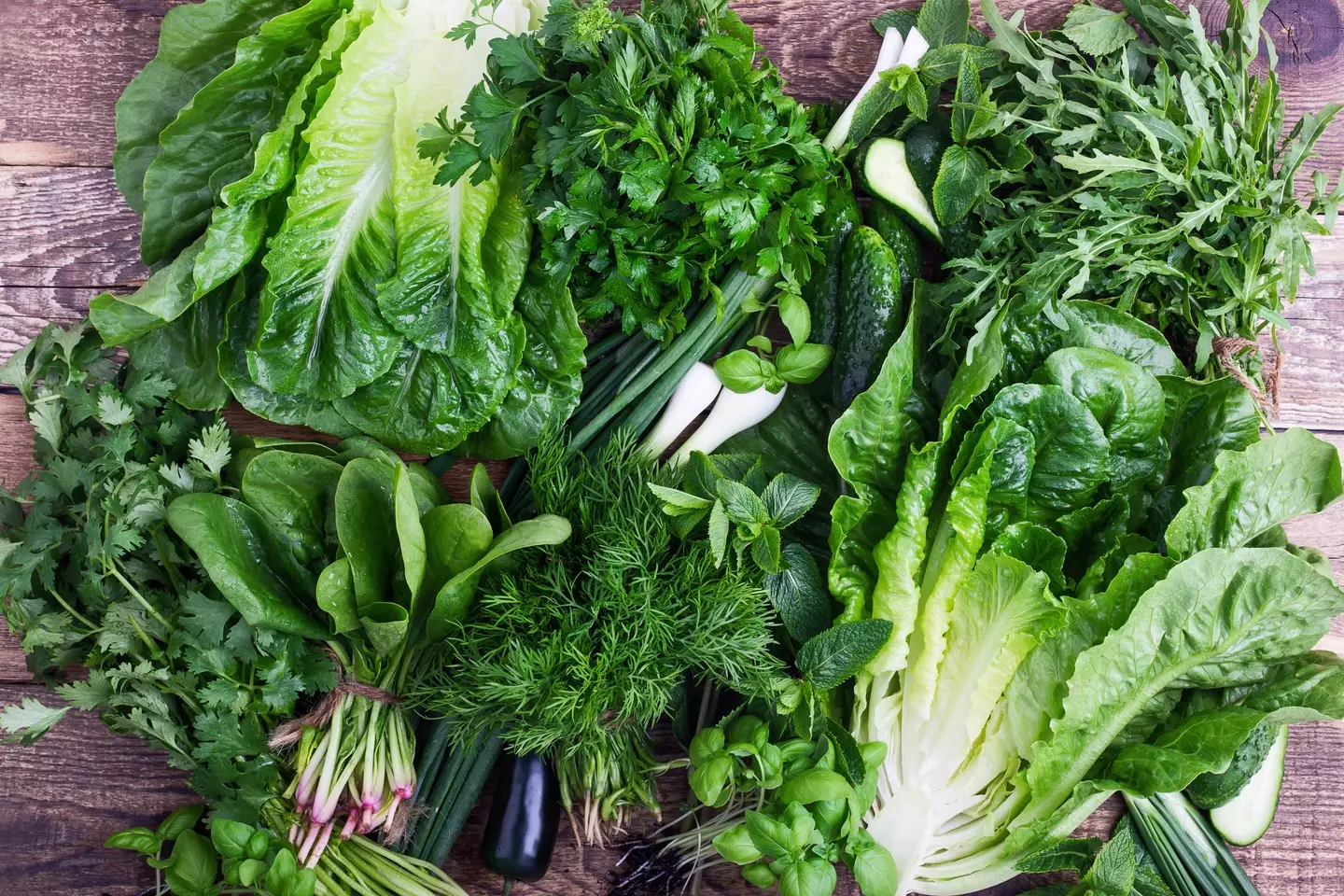For instance, sun beds are linked to skin cancer while smoking is connected to lung cancer; these common cancers are often tied to lifestyle choices.
With this understanding, a study from 2019 showed that up to 50 percent of cancer deaths could potentially be prevented through lifestyle modifications.

One change you might consider to lower your risk of bowel cancer is incorporating a specific drink into your daily routine — milk.
Traditionally, milk is known for its benefits to teeth and bones, but new findings from Cancer Research UK suggest that an additional 300mg of calcium daily (the equivalent found in a large glass of milk) might reduce bowel cancer risk by 17 percent.
This research, the largest of its kind regarding diet and bowel cancer, was published in Nature Communications and analyzed data from over 500,000 women.
Researchers at the University of Oxford examined the data to find any correlations between 97 dietary items and nutrients concerning bowel cancer risk over approximately 16 years.

Dr. Keren Papier, the study’s lead researcher, commented: “This is the most comprehensive single study ever conducted into the relationship between diet and bowel cancer, and it highlights the potential protective role of calcium in the development of this disease.”
Dairy products high in calcium — such as yogurt and milk – were associated with a decreased risk of cancer.
Calcium-rich non-dairy foods, including green leafy vegetables, were also shown to help lower the risk of this common cancer.

Papier added: “We have some idea on why calcium has this effect.
“It’s suggested that calcium might protect against bowel cancer by binding to bile acids and free fatty acids to form a type of a harmless ‘soap’, which stops them from damaging the lining of our gut.”
This ‘soap’ assists in clearing bile and fatty acids from the gut, explained by Cancer Research UK, reducing the likelihood of their accumulation and subsequent damage that could lead to cancer.
However, it’s important to note that other studies have associated high dairy intake with elevated risks for breast and prostate cancer, as well as heart disease.
